The Art of a Strong Finish
Setting and Achieving Goals. Discipline. The sense of accomplishment.
This is what 26.2 conjures for me. The person sporting this sticker demonstrated the grit and determination required to finish a marathon. They trained for months when it was hard and they weren’t in the mood. They persisted in challenging conditions, and followed the plan all the way through to the end.
Many experts write about the struggle and ultimate value of finishing what we start. In his book, The Art of Somatic Coaching, Richard Strozzi-Heckler describes the Rhythm of Energy, the stages we go through when moving from inception to implementation of any idea, activity and even in relationships. We move through the stages of Awakening, Increasing, Containing and Completing on grand and minuscule scales – from large projects to the smallest of activities and tasks. The more consciousness we bring, the more choice we have at each stage.
When we learn to complete, to end chapters and stages of our life, we can then move freely ahead to new frontiers.
– Richard Strozzi-Heckler
The act of completing gives us satisfaction and “creates the possibility of a new beginning. When we learn to complete, to end chapters and stages of our life, we can then move freely ahead to new frontiers“.
And on the flip, “if we’re habituated to not completing we create an unending cycle of dissatisfaction”. The weight of unfinished business is like a ball and chain, keeping us from moving forward. These “open loops”, as David Allen calls them, also cause a restless mind and sleepless nights.
The finish line of another year is in sight. Will you run through the tape with your goals and projects complete or is your year fraught with loose ends and ultimately dissatisfaction? You have a sliver of time left to decide how you will finish.
10 Simple Yet Powerful Practices for Completing
Engaging in these practice on a daily basis helps build habits for finishing what you start.
- Be imperfect. “Ship it”! (a la Steven Pressfield) Get your ideas out there and iterate if needed.
- Do one thing at a time – finish one task before you start another.
- Schedule time-blocks in your calendar for completing activities and moving projects forward.
- Remind yourself why you are engaging in an activity. Connect with the original intention and desired result.
- Conduct an After Action Review (AAR) at the end of each project.
- Mark emails for follow up and delete them upon completion. There’s such sweet satisfaction in taking something off the list!
- Break large projects down into bite-size chunks and make plans for completing each segment. Celebrate each milestone reached!
- Engage an accountability partner to support you on your most challenging goals and check in with them regularly.
- Make your bed every morning. You will begin your day by completing a task.
- Empty the sink of dirty dishes prior to going to bed each night. You’ll end your day by completing a task and wake to a clean environment for fueling your day.
Expert Advice for Reaching Your Goals:
The Art of Somatic Coaching, by Richard Strozzi-Heckler. Read Chapter Five, The Rhythm of Energy.
Steven Pressfield. Pressfield is well known for his writing on resistance and urges us to just get started and to ship (complete) in his trilogy, The War of Art, Do the Work and Turning Pro. All three are must reads for bringing to life anything that is important to you. I’ve linked to Brian Johnson’s Philosopher’s Notes (TV) to for a quick review of each.
David Allen, author of Getting Things Done (GTD), is THE guru of personal productivity. This book describes the GTD process. The concept most impactful for me was that of closing open loops – that incomplete tasks cause our mind to be restless and nights to be sleepless.
Following the advice in The Power of a Positive No by Bill Ury reframes ‘no’ such that we are actually giving preference to what is most important rather than saying ‘yes’ to what isn’t. This increases the likelihood of fulfilling commitments we make to ourselves and others. Follow this link to an overview of the concept.
LeeAnn Mallory has worked in the field of leadership and organization development for over two decades and has cultivated a diverse portfolio of client engagements. She specializes in practice-based and multi-month leadership programs and presence-based leadership, which she integrates into all of her work. She lives in Dallas, TX, with her husband and LuLu, their sweet boxer. They have two daughters who have launched out of the house and into college. Check out her website www.rise-leaders.com.

